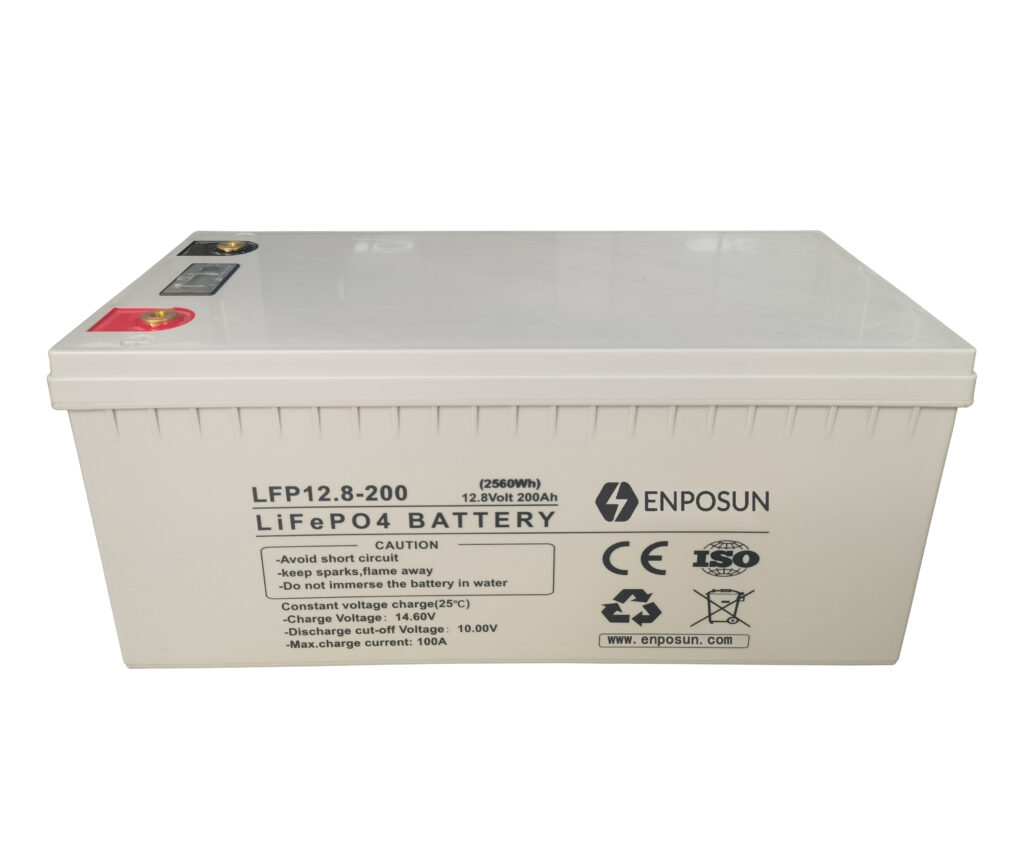There are significant differences between lithium batteries and ordinary batteries, and these differences are mainly reflected in the following aspects:
Durability & Lifespan:
The durability of lithium batteries is better than that of ordinary batteries. Due to their high energy density and chemical stability, lithium batteries can store electrical energy more efficiently and have a longer cycle life. Under normal working conditions, the number of charge/discharge cycles of lithium batteries is much greater than 500 times, while ordinary batteries can usually only be used for a few hundred cycles before they need to be replaced.
For example, the lithium-ion power battery developed by the A123 company in the United States has a battery capacity of 23·h and a cycle life of more than 1,000 times.
Energy Density & Weight:
Lithium batteries have a higher weight-to-energy ratio and volumetric energy ratio, which means that at the same weight or volume, lithium batteries can store more electrical energy. This makes lithium batteries more popular in devices that require high energy density, such as electric vehicles and smartphones.

Voltage & Capacity:
The single-cell voltage of lithium batteries is 3.6V, which is much higher than that of ordinary batteries. At the same time, lithium batteries have a relatively large capacity (for the same volume) and are able to provide higher current and power output.
Self-Discharge and Memory Effects:
Lithium batteries have a low self-discharge rate and can be stored for a long time without losing too much power. In addition, lithium batteries have no memory effect and can be charged at any time without discharging.
Charging speed:
Lithium batteries can be charged quickly, usually with a current of 0.5~1 times the capacity, so that the charging time is shortened to 1~2 hours.
Environmental friendliness:
Lithium batteries do not contain harmful metals such as cadmium, lead, mercury, etc., and have no pollution to the environment, making them the most advanced green batteries in contemporary times. Ordinary batteries, especially dry batteries, may contain these heavy metals, which are seriously polluting to the environment.

Price:
The price of lithium batteries is usually higher than that of ordinary batteries, mainly due to the differences in their manufacturing raw materials and technology. However, considering their longer life and higher energy density, lithium batteries may be more cost-effective overall in some applications.
Applications:
Ordinary batteries are versatile and widely used in household, industry, agriculture and other fields, such as remote communication, emergency lighting, electric vehicles, etc. Lithium batteries are more used in high-end electronic products, electric vehicles, aerospace and other fields.
To sum up, lithium batteries are better than ordinary batteries in terms of durability, energy density, environmental protection, etc., but the price is higher. When choosing a battery, there are various factors that need to be weighed according to the specific application scenario and needs.
